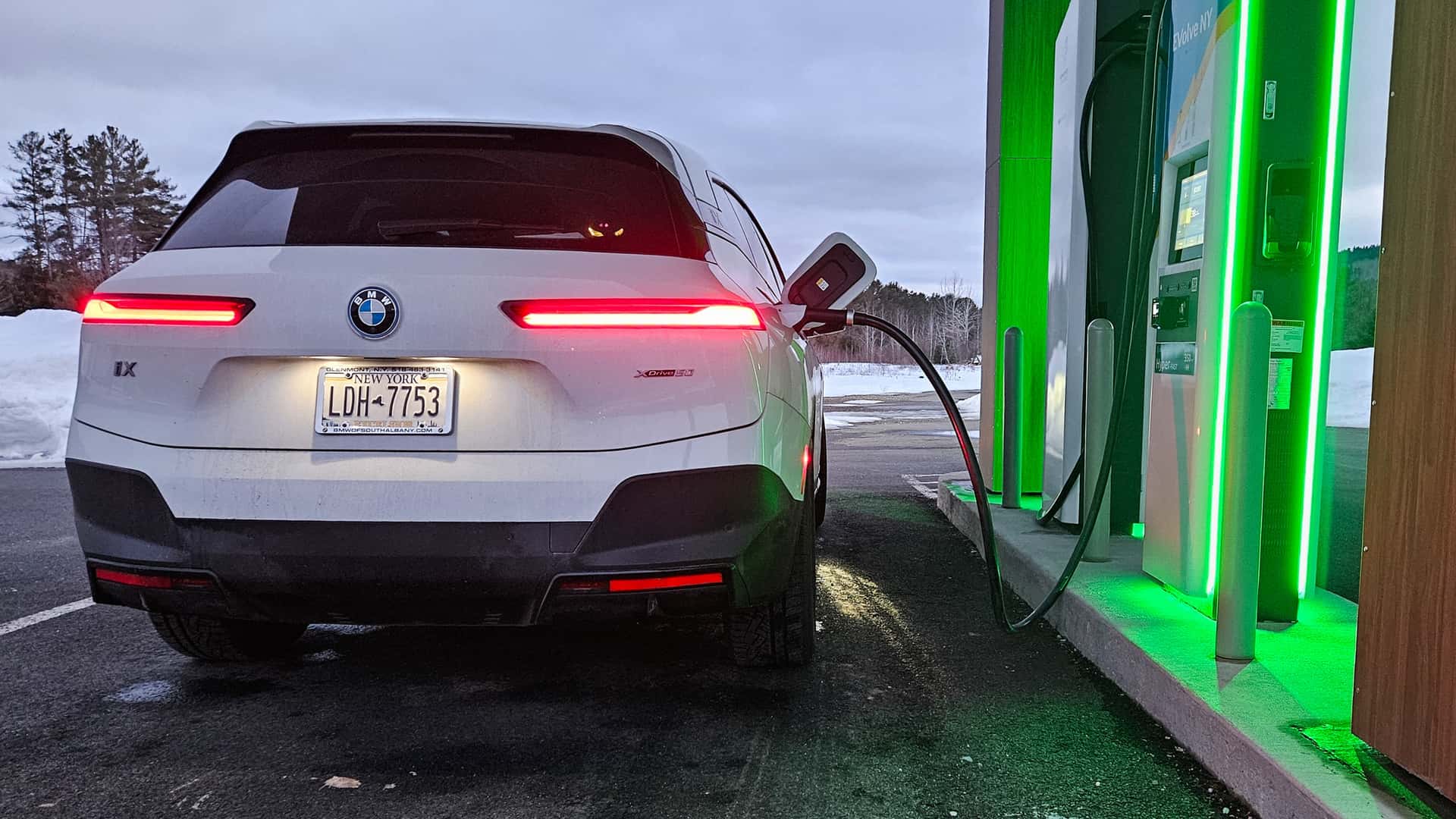
BMW Recalls Electric Vehicles Due to Software Issue
BMW has initiated a recall for four of its electric vehicle models due to a software-related issue that could cause an unexpected loss of power. The problem stems from the drive motor software, which can erroneously trigger a fail-safe shutdown of the high-voltage system. This sudden power loss could last up to 20 seconds, posing potential risks, especially during critical driving situations such as overtaking.
The affected vehicles include 70,852 electric BMWs manufactured between 2022 and 2024. Specifically, the models involved are:
- 35,414 i4s produced between 2022 and 2025
- 4,674 i5s from 2024 and 2025
- 5,484 i7s built in 2024
- 25,280 iX SUVs manufactured from 2022 through 2024
Initially, BMW suspected issues with the drive units themselves rather than the software. However, the problem was so rare that it proved difficult to identify the root cause. Between 2021 and 2022, the company received warranty claims related to the issue, all pointing toward possible faults in the drive motor. Despite extensive checks on the motor, high-voltage battery, and electronic control units, no physical fault was found.
Due to the low number of reports and warranty claims, it was challenging to link specific claims to a supplier production issue. The investigation continued through 2023 and 2024, eventually revealing that there was no physical defect in the vehicles. According to the recall notice filed with the National Highway Traffic Administration (NHTSA), BMW identified the issue as a “true double-isolation condition,” which warranted a high-voltage system shutdown. However, it was later determined that this was actually a “single-isolation condition.”
In such cases, the high-voltage system is shut down as a fail-safe measure to prevent any possibility of electric shock or thermal risk. Fortunately, BMW states that even though the power loss can be alarming, the power steering and brakes continue to function as designed, allowing drivers to maintain control of the vehicle.
The company reported 43 warranty claims related to this defect, which accounts for less than 0.1% of all potentially affected vehicles. No accidents or injuries have been officially linked to this issue. The solution is a simple software update that can be performed either at a dealership or via over-the-air updates in compatible vehicles.
Dealers will begin notifying customers on June 13, with owners receiving formal notifications starting August 5. This recall highlights the ongoing challenges in ensuring the reliability of electric vehicle systems, particularly as manufacturers transition to more advanced software-driven technologies.
Despite the rarity of the issue, the recall underscores the importance of continuous monitoring and updates in modern automotive technology. As electric vehicles become more prevalent, ensuring the safety and functionality of their software systems will remain a critical focus for manufacturers like BMW.
Post a Comment